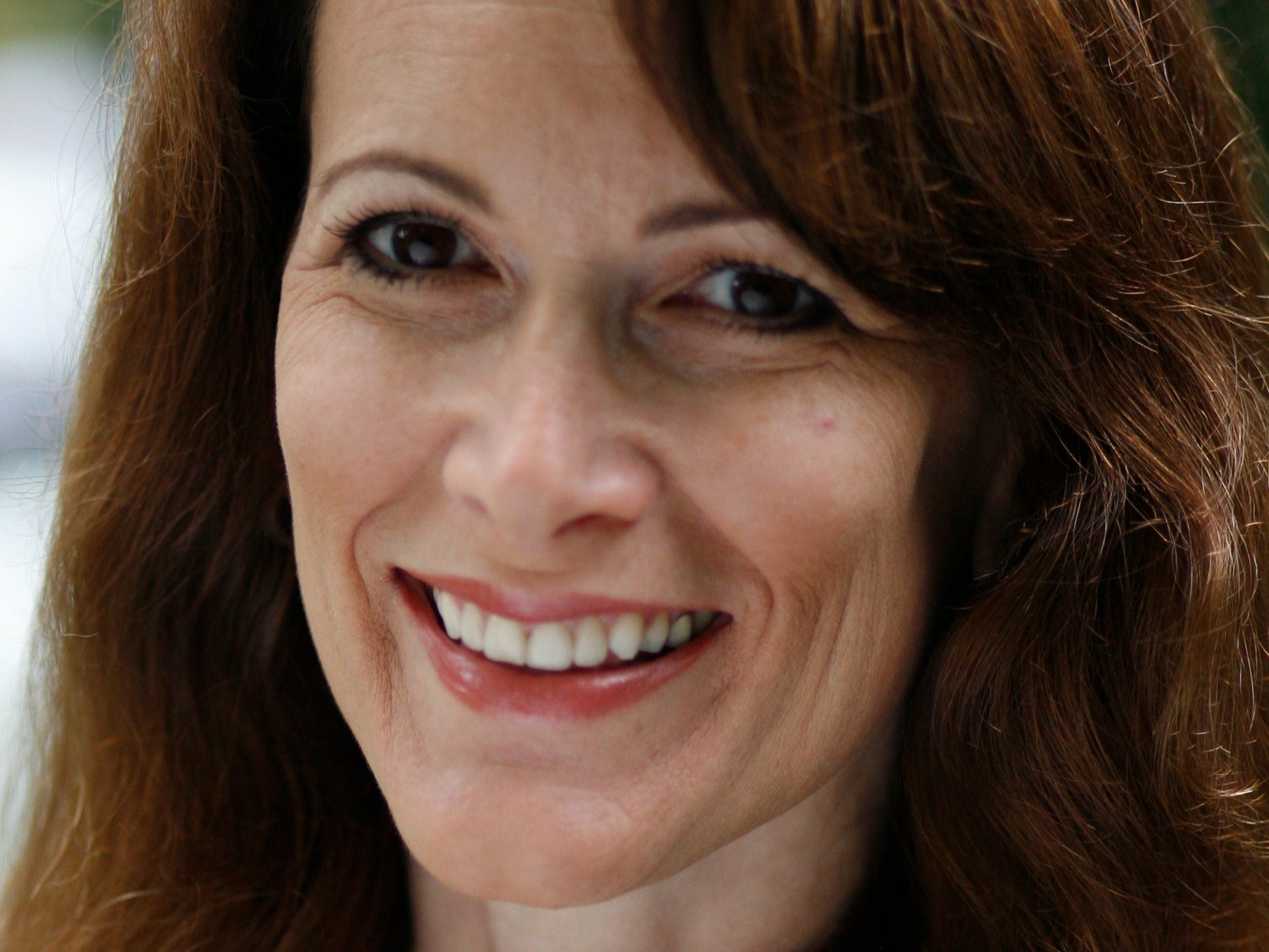Book of a Lifetime: Motherless Daughters by Hope Edelman
From The Independent archive: Sarah Gabriel on ‘Motherless Daughters’ by Hope Edelman

I first read this book in New York, when I was 34. I was given it by a friend and I remember being shocked just by the title: Motherless Daughters. I read it in one go, and afterwards I went to bed for three days. What can I say? I just couldn’t get up. When I emerged from this deuil, or period of mourning, I went out and bought a stack of other copies. I wrapped them in gold paper, taking great care with the hospital corners, and sent them to friends in Ireland, England and Canada. As I wrote out the addresses of these friends I realised, for the first time, that we had something in common: we had all lost our mothers young.
In her book, published in 1994, American writer Hope Edelman discusses the effect on a girl’s life of losing her mother early. Not only is the daughter stripped of her main emotional support, and forever, but she also loses a role model, a way of being a woman. She is condemned to a lifetime of periodic mourning, as the milestones of a female life – jobs, marriages, children – slip by without a mother to watch over them.
Unsurprisingly, motherless daughters suffer from higher incidences of depression, self-harm, addiction, even suicide. I was shocked and upset but also immensely relieved. You mean I wasn’t alone? The dysfunction I had suffered since the death of my mother when I was 19, the inability to get on with life, the protracted mess of myself and my family, was normal. I wasn’t a freak. The book did for me what literature can sometimes do, reclaimed the broken off bits of the spirit. It took away the burden of isolation, of silence.

Motherlessness is not all bad news, argues Edelman. There are some upsides. In a society where female ambition has often been punished by the mother, acting as involuntary policer of the paternalist project, her early removal can open up a wider field of action. Edelman cites a long list of female high achievers who lost their mothers young: George Eliot, the Brontë sisters, Marie Curie, Eleanor Roosevelt, Dorothy Parker, Marilyn Monroe, Madonna. The light she sheds on some of the great women writers is fascinating.
All her life, Virginia Woolf was haunted by the memory of her mother, who died of rheumatic fever when Virginia was 13. But after writing To The Lighthouse in 1926, in a great transported rush, she was cured of it. Her sister Vanessa wrote thanking her for the portrayal of their mother in Mrs Ramsay, “more like her to me than anything I could have conceived as possible.”
I still find Motherless Daughters a very painful book to read. But I go back to it over the years, because there is nowhere else where that core part of me – the void left by the early death of a mother – is acknowledged in the same way.

Join our commenting forum
Join thought-provoking conversations, follow other Independent readers and see their replies
Comments